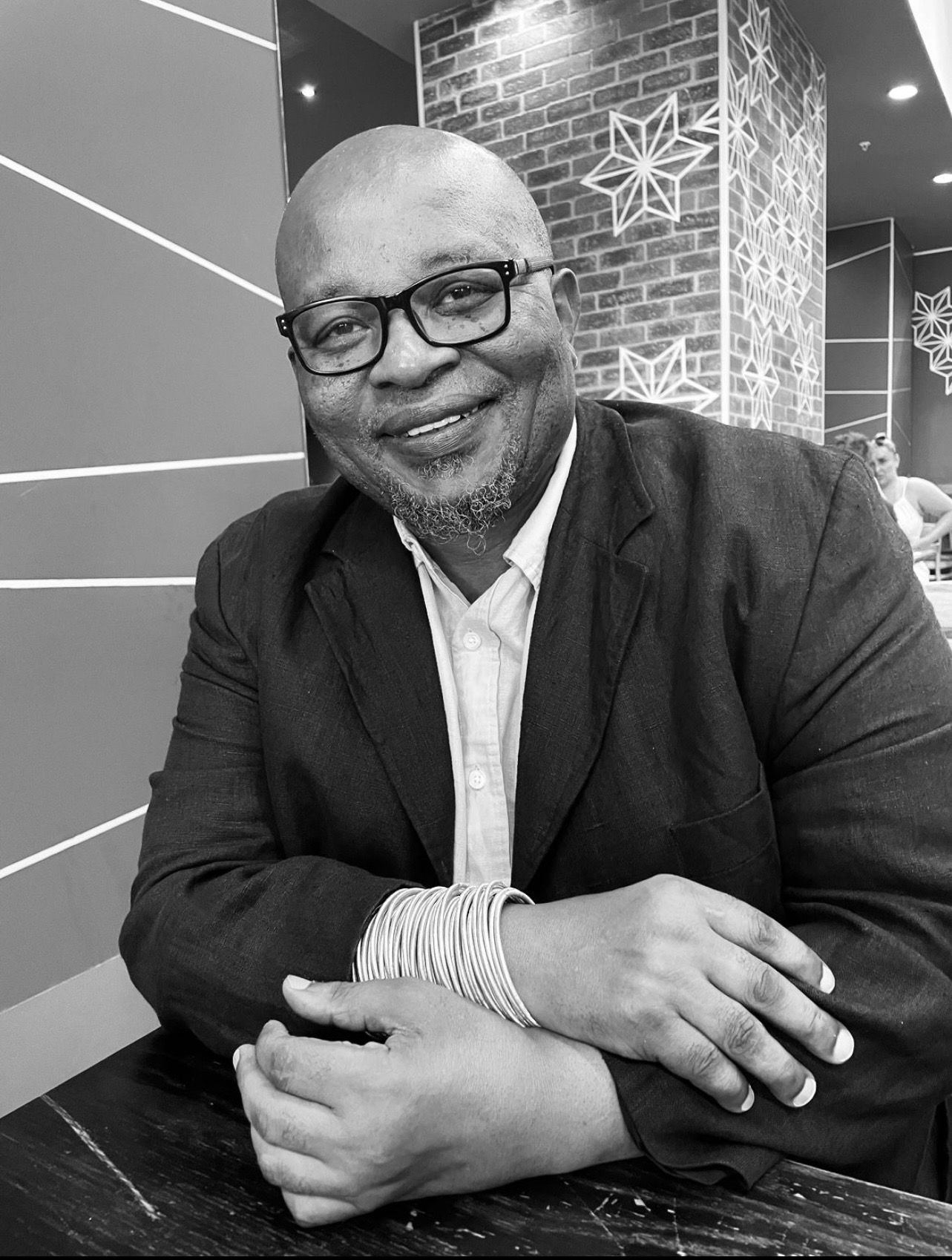There are moments in one’s professional journey when the significance of an event settles not only on the mind, but on the soul. The Global South Media and Think Tank Forum’s China–Africa Partnership Conference, held over two powerful days in Johannesburg on Thursday and Friday, was such a moment. I remain profoundly grateful to the organisers — Zhejiang Normal University’s Institute of African Studies, Xinhua News Agency, Independent Media, and all collaborating institutions — for hosting me with a warmth and clarity of purpose that reflected the spirit of a world in transition.
More than two hundred dignitaries, scholars, media professionals, diplomats, policy thinkers and institutional leaders from across Africa and China converged to reflect on the role of the Global South in shaping a fairer world order. The gathering carried a palpable sense of urgency — a recognition that the tectonic plates of global power are shifting, and that Africa and China are no longer passive observers but co-authors of a new narrative.
A defining highlight was the formal launch of the Global South Joint Communication Partnership Network’s 2026 “United in Heart, Path and Action: China–Africa Partnership Empowerment Action Plan.” The preamble struck me deeply, not only for its intellectual clarity but because it resonates profoundly with the ethos of my own organisation, Brandhill Africa, which has long advocated for narrative sovereignty, cultural dignity and the decolonisation of global communication systems.
The preamble states:
“The global narrative system has long been imbalanced and unjust, often overlooking or misrepresenting the voices, achievements and aspirations of the Global South. We firmly believe that as key shapers of public perception, critical actors in policy formulation, and major players in narrative construction, media and think tanks bear a unique historical responsibility. We must strengthen cooperation, break Western monopoly on discourse, and jointly craft a more just and inclusive narrative of our own…”
These words mirror Brandhill Africa’s central mission — to challenge the distortions of the dominant gaze, to assert African agency, and to build platforms where our stories are told with authenticity, complexity and pride.
The opening ceremony alone demonstrated how seriously both sides are treating this moment. A constellation of thought-leaders addressed the gathering with conviction and insight: Lyu Yansong of Xinhua; Dr Iqbal Survé of Independent Media; Leslie Richer from the African Union; Chinese Ambassador Wu Peng; Gambia’s Minister of Information, Dr Ismaila Ceesay; Hunan’s Director-General Shen Yumou; Johannesburg Mayor Dada Morero; Xu Xinfu of the China Energy Investment Corporation; Najeh Missaoui of the Tunis Africa News Agency; Prof Liu Hongwu of Zhejiang Normal University; Sierra Leone’s Deputy Minister Jonathan Titus-Williams; and Kenya’s Africa Policy Institute President, Prof Peter Kagwanja, among others. Their collective voice conveyed one message: China–Africa cooperation is not merely diplomatic engagement; it is evolving into a civilisational partnership.
The discussions that followed were marked by a rare honesty. Delegates confronted uncomfortable realities without fear: Africa’s widening trade deficit with China; the persistent export of raw materials rather than finished products; the urgent need for African indigenous languages such as Kiswahili, Hausa, Yoruba, Amharic, Zulu and Shona to take a central role in knowledge production; the human-security crises affecting millions; the slow and frustrating pace of UN Security Council reform; and the challenges of xenophobia that threaten the very fabric of China–Africa solidarity. Many speakers reminded us that before Africa can champion the Global South, we must fix internal hurdles such as the unnecessary visa barriers that prevent Africans from moving freely across the continent.
What stood out was the shared determination to move beyond rhetoric. Speakers argued persuasively that infrastructure investment must be matched with institutional capacity, that industrialisation must accompany resource extraction, that digital sovereignty must counter algorithmic erasure, and that our stories cannot remain hostage to foreign newsrooms and tech platforms.
The forum also illuminated the immense scale of practical collaboration underway. China’s accelerating investment in green energy — particularly its shift toward people-centred “Small is Beautiful” projects — showcased a transition from broad contracting to sustainable, locally anchored development. The AfCFTA, the Belt and Road Initiative and BRICS frameworks emerged as overlapping engines capable of rewiring global trade patterns and enabling the Global South to speak with authority on climate action, development finance and digital governance.
Yet beyond the policy layers, the human warmth of the engagement left an equally lasting impression. Whether in panel discussions, corridor conversations or shared meals, the fellowship felt natural — as if Africa and China were not strangers coming together, but long-time partners rediscovering their shared destiny. There was a deep sense of cultural respect, an understanding that global cooperation must begin with human connection.
As the second day drew to a close, I walked away with a renewed conviction. The Global South is no longer an abstract geopolitical label. It is a movement — intellectual, cultural, economic and moral — reclaiming its place in world history. And China’s public diplomacy, to put it plainly, is on steroids: ambitious, confident, strategic and anchored in genuine partnership rather than coercion.
For those of us committed to shaping narratives — especially at Brandhill Africa — this forum reaffirmed that our work is not peripheral but central to the future. The world will only become more equitable if the Global South tells its own story, in its own voice, through its own platforms, and with its own intellectual frameworks.
When the historians of tomorrow trace the rise of a new international order, I believe they will look back at gatherings like this one — not as ceremonial conferences, but as foundational chapters in the architecture of a new global consciousness.
And for the privilege of witnessing and contributing to this historic moment, I remain sincerely grateful to the organisers and to every participant whose voice helped shape this unfolding narrative of a shared future.
Tujenge Afrika Pamoja! Let’s Build Africa Together!
Enjoy your weekend.
Saul Molobi (FCIM)
PUBLISHER: JAMBO AFRICA ONLINE
and
Group Chief Executive Officer and Chairman
Brandhill Africa™
Tel: +27 11 759 4297
Mobile: +27 83 635 7773
Physical Address: 1st Floor, Cradock Square Offices; 169 Oxford Road; Rosebank; JOHANNESBURG; 2196.
eMail: saul.molobi@brandhillafrica.com
Website: www.brandhillafrica.com
Social Media: Twitter / Instagram / LinkedIn / Facebook / YouTube / Jambo Africa Online / WhatsApp Group / 101.9 Chai FM

